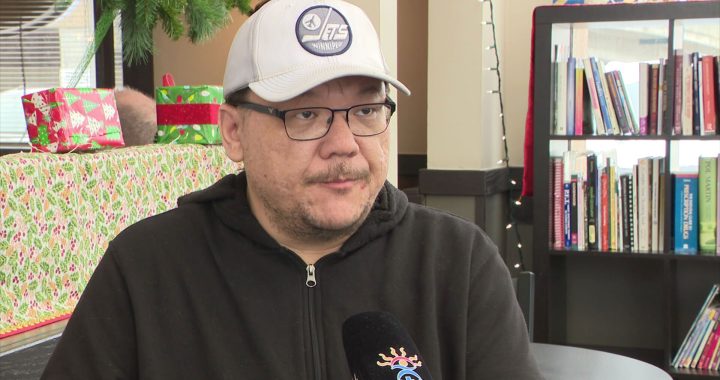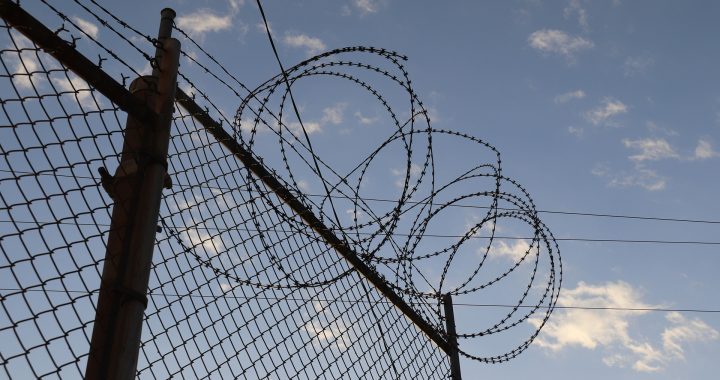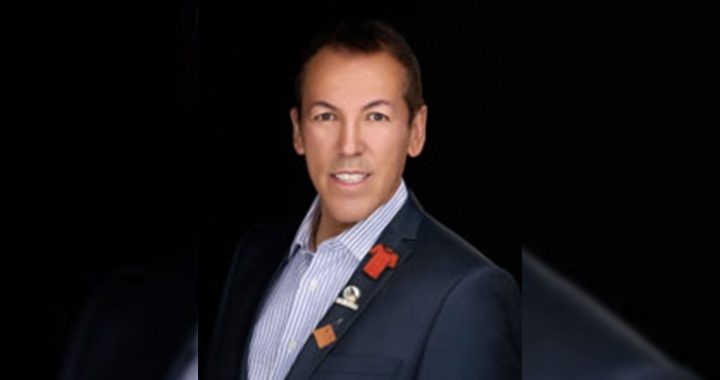Women leaders were in Ottawa Tuesday demanding an end to sex discrimination in the Indian Act.
It was supposed to have been taken care of in a bill passed last year called S-3.
But there is still unfinished business because a compromise between the house and senate to pass S-3 is still unresolved.
“Canada is an outlaw,” says Pam Palmater. “It’s an outlaw with regards to failing to uphold the basic human rights of equality for Indian men and women.”
Palmater was one of several leaders asking for an order in council – a vote in the federal cabinet that is approved by the Governor General.
Sharon McIvor says it would immediately make S-3 complete.
“Any given Tuesday the cabinet can make us legally equal to our male counterparts.”
Bill S-3 was supposed to do away with any lingering discrimination faced by women passing on status to their children after they marry non-Indigenous men.
The House of Commons wanted to keep a cut-off date of 1951 meaning those born before would still face trouble passing on status.
“The fact that we’re all here fighting for this makes absolutely no sense when we have a government that says there’s no relationship more important than the one with Indigenous peoples,” Palmater said.
“Unless they meant only Indigenous men.”
The Senate disagreed with MPs in the House of Commons.
They put in in an amendment getting rid of any cut off dates.
The House then asked for a compromise where Crown Indigenous Relations under Minister Carolyn Bennett would first consult communities about membership before enacting the amendment.
“They are actually asking if it would be good to eliminate discrimination against Indigenous women or not. You can’t consult on that,” said Dawn Lavell Harvard, president of the Ontario Native Women’s Association.
“They should be having conversations about how they’re going to handle when that discrimination is removed because it’s illegal.”
Palmater jumped in.
“What could they possibly consult on? Is it okay to keep discriminating? Is it okay to just discriminate against some of our women? Not all of our women? They don’t have the power in law to ask people is it okay to break the law,” she said.
They also said it would be against the law for individual first nations to create or amend membership codes to deny status.
One estimate is that 300,000 people could be reinstated.
“It is a potential impact but we need to deal with these things one step at a time,” said Lavell Harvard. “And the primary step is on when they separated membership from status, they created this situation. And these women and children deserve their status.
“Conversations about membership, that will happen secondary.”
Crown Indigenous Relations is expected to deliver a report on its consultations this June.











Shame on Canada….!
“Anyone,” can declare “any” gender. While some First Nation people cannot be First Nation, due to this stupid act. How discriminatory is that?! Canadian First Nation people are the ONLY people in the world who have to prove who they are!